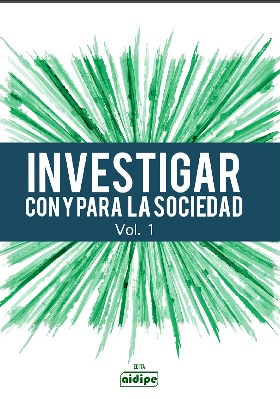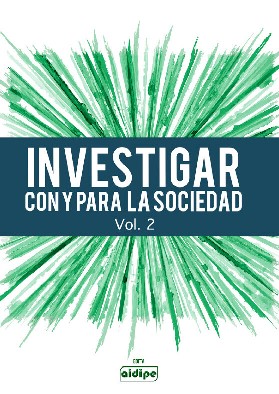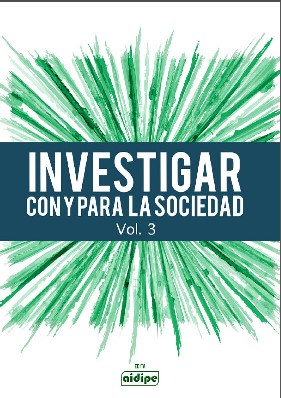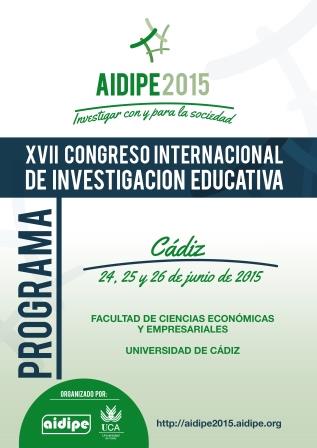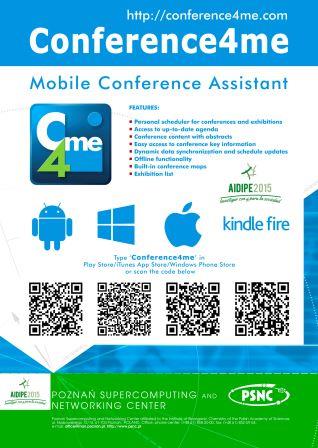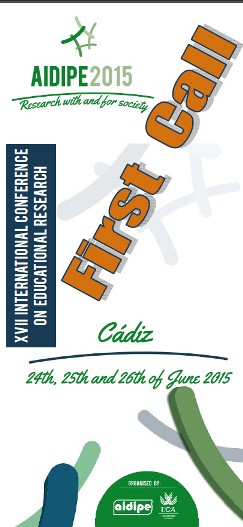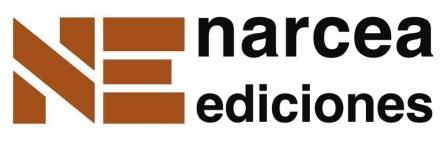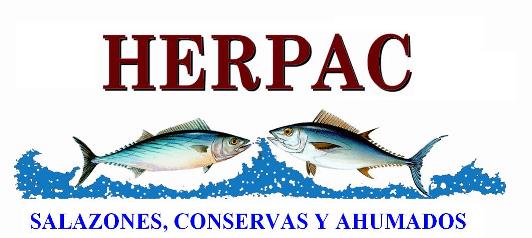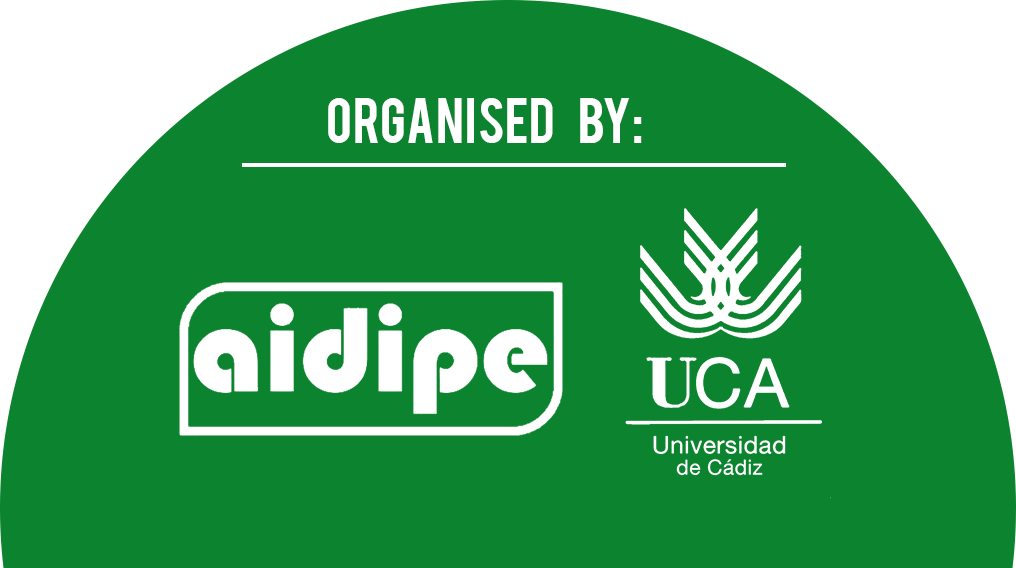Scientific programme
Lecture - Wednesday 24 June 2015
The sublime usefulness of useless science
Pedro Miguel Echenique Landiríbar
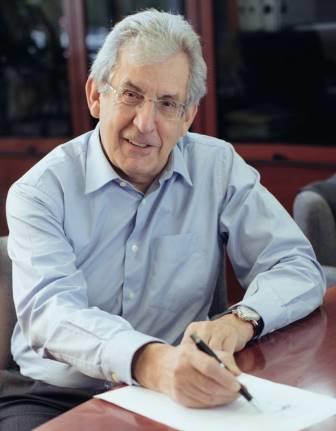
He holds the Chair of Condensed Matter Physics at the University of the Basque country, is Honorary President of Jakiunde (Academy of Science, Arts and Humanities), of the Donostia International Physics Centre (DIPC) and of the Nanogune Cooperative Research Centre (CIC), as well as Vice-president of Euskampus, the University of the Basque Country Campus of Excellence. Post doctorate studies at the Oak Ridge National Laboratory and Nordita fellow in Lund and Copenhagen, he has Doctorates from the University of Cambridge and the Autonomous University of Barcelona. From 1980 to 1984 he was Regional Minister for Education and Culture and spokesman of the Basque government A member of the Royal Academy of Sciences and the Académie Royale de Belgique, he was an overseas fellow of Churchill College and visiting lecturer of the Cavendish Laboratory, in Cambridge. A fellow of the American Physical Society (APS) and of the American Association for the Advancement of Science (AAAS), he is a member of the Trilateral Commission, as well as a consultant for MAPFRE Norte and IkerChem. The author of more than 400 articles published in specialised journals and books, he has received different prizes, such as the Munibe, Euskadi, Dupont, Prince of Viana Culture, Max Planck, Prince of Asturias Technical and Scientific Research, Iberdrola, Blas Cabrera National, Cifra Boada Scientific Communications, Sabino Arana and Liberpress Camins awards. He has received the Great Cross of Alfonso X the Wise and the Gold medals of Guipuzcoa, the University of the Basque Country and the City of San Sebastian. He has been invested Doctor honoris causa by the University of Valladolid, the Public University of Navarre and by the Complutense University of Madrid, and doctor in science by the University of Cambridge. In 1998 he was acclaimed Universal Basque of the Year and Favourite Son of the town of Isaba.
Conference - Friday 26 june 2015
From disdain to desire: reducing the ‘research footprint’ while creating a research-rich education system
Linda Hargreaves
University of Cambridge
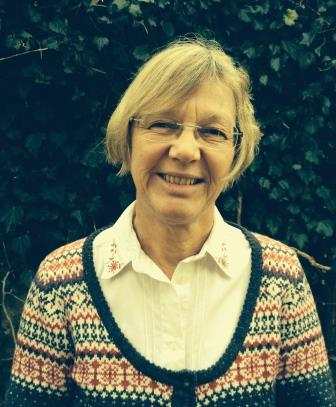 Dr Linda Hargreaves is Reader (Emerita) in Classroom Learning and Pedagogy having recently retired from the Faculty of Education, University of Cambridge, UK. Her academic background is in psychology and she began her professional career as a teacher of six-year olds. Her research career began as a ‘systematic’ classroom observer for the ORACLE project directed by Maurice Galton and Brian Simon at Leicester University in the 1970s. This had a lasting influence on her approach to classroom research. She has been director or co-investigator of many projects since the early 1990s, including educational provision in rural schools, the status of teachers in England, interactive teaching, primary-secondary transfer, collaborative groupwork, and most recently, explorations of children’s personal epistemologies in inclusive, dialogic classrooms, with Dr Rocío García Carrión of the CREA centre at the University of Barcelona. She has been a convenor of ECER’s Network 14, ‘Research with children, families and communities’, since establishing it in 1996. Selected publications include ‘Motivating your Secondary Class’ (with Galton, Pell, Steward, & Page), ‘Children, their World, their Education’ Final Report of the Cambridge Primary Review, edited by Robin Alexander, and ‘ Theory as the source of ‘research footprint’ in rural settings’, with Rune Kvalsund, in White and Corbett (Eds.) Doing educational research in rural settings’ (Routledge).
Dr Linda Hargreaves is Reader (Emerita) in Classroom Learning and Pedagogy having recently retired from the Faculty of Education, University of Cambridge, UK. Her academic background is in psychology and she began her professional career as a teacher of six-year olds. Her research career began as a ‘systematic’ classroom observer for the ORACLE project directed by Maurice Galton and Brian Simon at Leicester University in the 1970s. This had a lasting influence on her approach to classroom research. She has been director or co-investigator of many projects since the early 1990s, including educational provision in rural schools, the status of teachers in England, interactive teaching, primary-secondary transfer, collaborative groupwork, and most recently, explorations of children’s personal epistemologies in inclusive, dialogic classrooms, with Dr Rocío García Carrión of the CREA centre at the University of Barcelona. She has been a convenor of ECER’s Network 14, ‘Research with children, families and communities’, since establishing it in 1996. Selected publications include ‘Motivating your Secondary Class’ (with Galton, Pell, Steward, & Page), ‘Children, their World, their Education’ Final Report of the Cambridge Primary Review, edited by Robin Alexander, and ‘ Theory as the source of ‘research footprint’ in rural settings’, with Rune Kvalsund, in White and Corbett (Eds.) Doing educational research in rural settings’ (Routledge).
Workshop 1 - Wednesday 24 June 2015
Inferential statistics decision-making tree and calculation of Kappa
Juan Jesús Torres-Gordillo

He is a doctor of Education and Associate Professor (with accredited University tenure from 09.07.12) in the Dept. of Research Methods and Diagnosis in Education at the University of Seville. He was awarded the University of Seville's prize for the best doctoral thesis during the academic year 2005-2006. This thesis deals with asynchronous communication in e-Learning He acted as an assessor for the European DOLCTA project from 2004 to 2011. Over the last few years he has taken in different national and international projects on university learning assessment. He is currently the PI in an R&D project on the Improvement of the Linguistic Communicative Competence of Students of Preschool and Primary Education (COMPLICE) He has spent time abroad in Canada, Holland, the U.S., Italy, the U.K., Chile and Nicaragua. He is specialised in: e-learning, learning orientated assessment, teaching methodology, career counselling, creativity.
Workshop 2 - Thursday 25 June 2015
Academic networks and diffusion of research results
José Miguel Arias Blanco
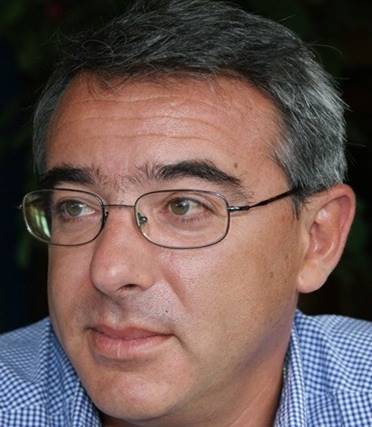
He is a lecturer in the area of Research Methods and Diagnosis in Education at the University of Oviedo. Member of AIDIPE since 1986. Editor of the RELIEVE section. He has occupied different managerial posts both in his Faculty, where he was Dean, and in the University of Oviedo. He is responsible for the courses on Research Methods in Education included in the degrees taught at his Faculty. The areas of research dealt with are themes related to higher education, the process of European convergence, the evaluation of the quality of university studies and the training of the teaching staff.
Workshop 3 - Friday 26 June 2015
10 key questions regarding the collection and analysis of qualitative data
M. Paz Sandín Esteban
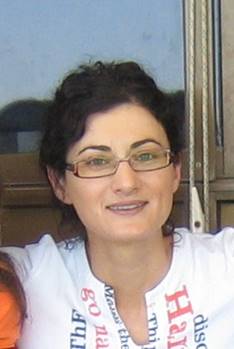
She is a Senior Lecturer in the Department of Educational Research and Diagnostic Methods (MIDE) belonging to the Faculty of Education, University of Barcelona. She has been a member since 1992 and is currently the coordinator of the Intercultural Education Research Group (GREDI). She has taken part in different participatory research for the transformation and improvement of intercultural educational practices with an ethnographic and evaluative approach. Her professional and teaching trajectory has been centred on training in qualitative methodology and data processing using computer programmes. Section editor and member of the editorial board of various important national and international journals. Current projects on: resilience, scholastic achievement, academic persistence and migration, analysis of relational environments using ARS.
Round table
Future and challenges of educational research journals in Spanish
Coordinator:
Fuensanta Hernández Pina
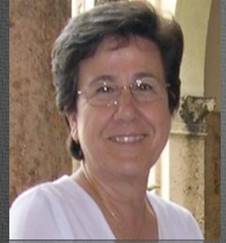
She hold the chair of Research Methods and Diagnosis in Education at the University of Murcia. Her publications are related to language acquisition, approaches to teaching and learning, research methodology, etc. She has formed part of numerous committees of the National Agency for Quality Assurance and Accreditation (ANECA) and several regional agencies. Her lines of research are related to the quality of teaching and learning in higher education, competencies and language acquisition. She has represented AIDIPE in the EERA executive council. She participates as assessor on the scientific committees of several influential journals. She has been the Editor of the Revista de Investigación Educativa (RIE) since June 2009.
Participating journals:
Revista Bordón
Arturo Galán González. Director
Journal Comunicar
Ignacio Aguaded Gómez. Editor
Revista de Educación
David Reyero García. Editor adjunto
Journal Education in the Knowledge Society
Francisco José García Peñalvo. Director
Journal Educación XX1
José Luis García Llamas. Director
Revista ELectrónica de Investigación y EValuación Educativa -RELIEVE
Francisco Aliaga Abad. Director
Revista Española de Orientación y Psicopedagogía
Consuelo Vélaz de Medrano Ureta. Directora
Revista Estudios sobre Educación
Javier Laspalas Pérez. Miembro Consejo Editorial
Revista Eureka sobre enseñanza y divulgación de las ciencias
José María Oliva Martínez. Editor
Revista Iberoamericana de Evaluación Educativa
F. Javier Murillo Torrecillas. Director
